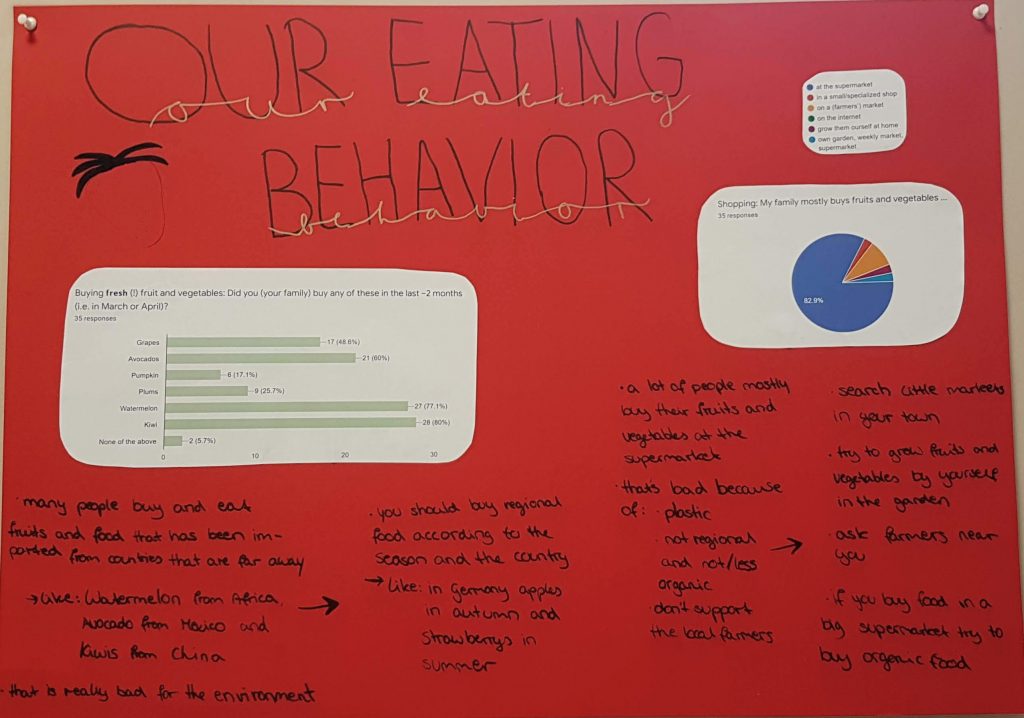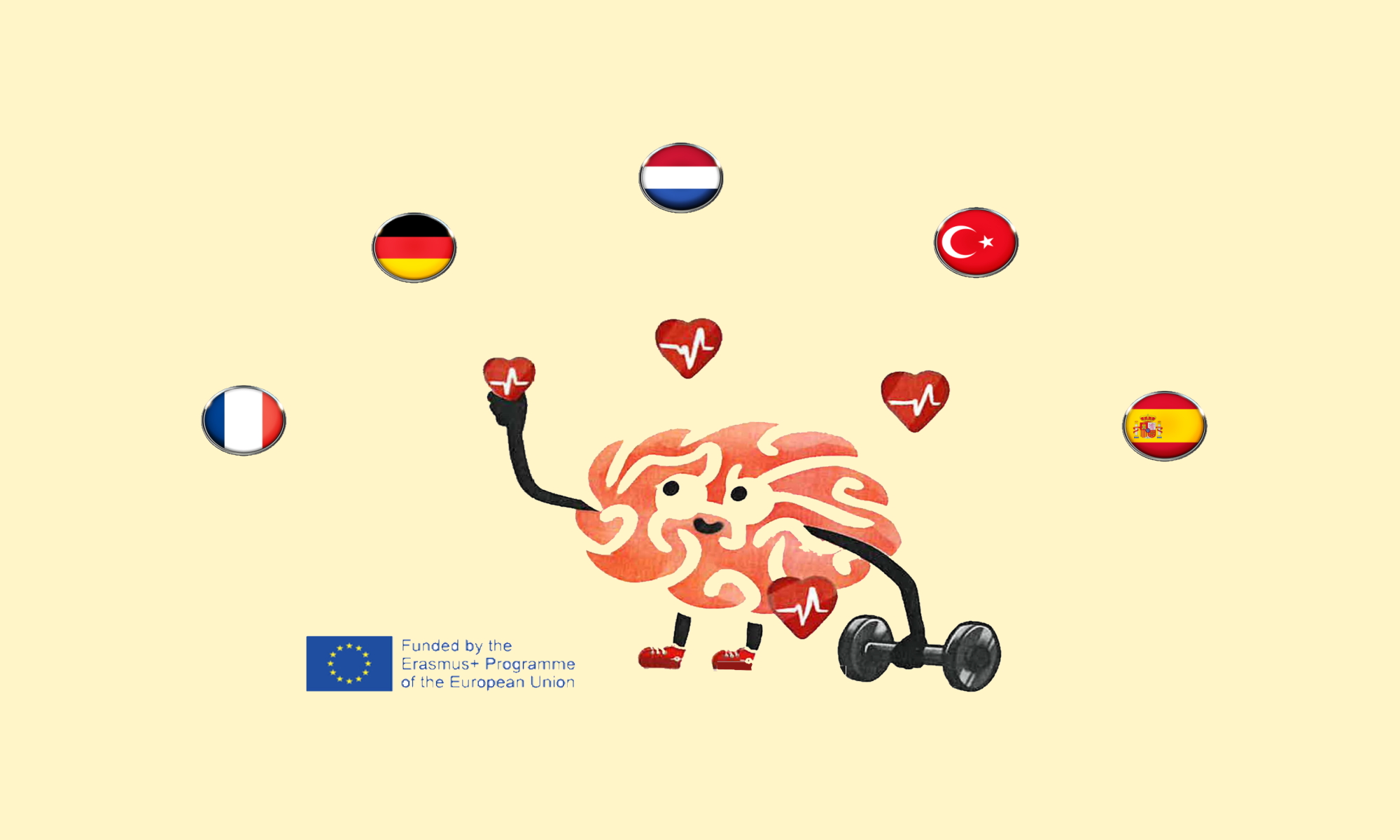In an online survey at their individual schools, students participating in the project answered questions on their eating habits. During the meeting in Germany, students then looked at the results of the survey and deducted recommendations for the future on how to eat better in the future.
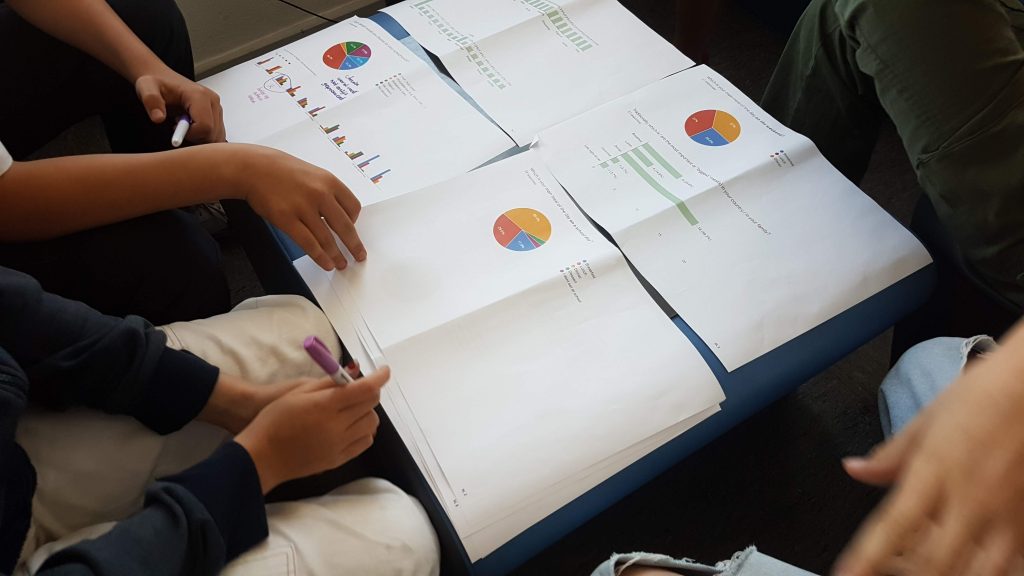

The questions included aim at three different topics:
- “Traditional” eating schedules and eating habits in different countries. The reasoning behind this set of questions is that there are different habits. In some countries, breakfast or lunch are the main meal of the day, in others it’s dinner. The answers to these questions, especially when comparing the answers from different countries, help students to become aware of different cultures. Food and the daily rituals connected to its preparation & consumption touch every single person at a very “deep” level of their individuality. When for example looking at Maslow’s hierarchy of needs (https://en.wikipedia.org/wiki/Maslow%27s_hierarchy_of_needs ), food is listed among the basis of physiological needs. When students travelling to another country, living in another family are confronted with different times for main meals, these differences can (if not explained beforehand) create stressful situations, hampering a “perfect” outcome of the mobility.
- Eating habits of students. What do they eat, consider healthy and what do they know about healthy food.
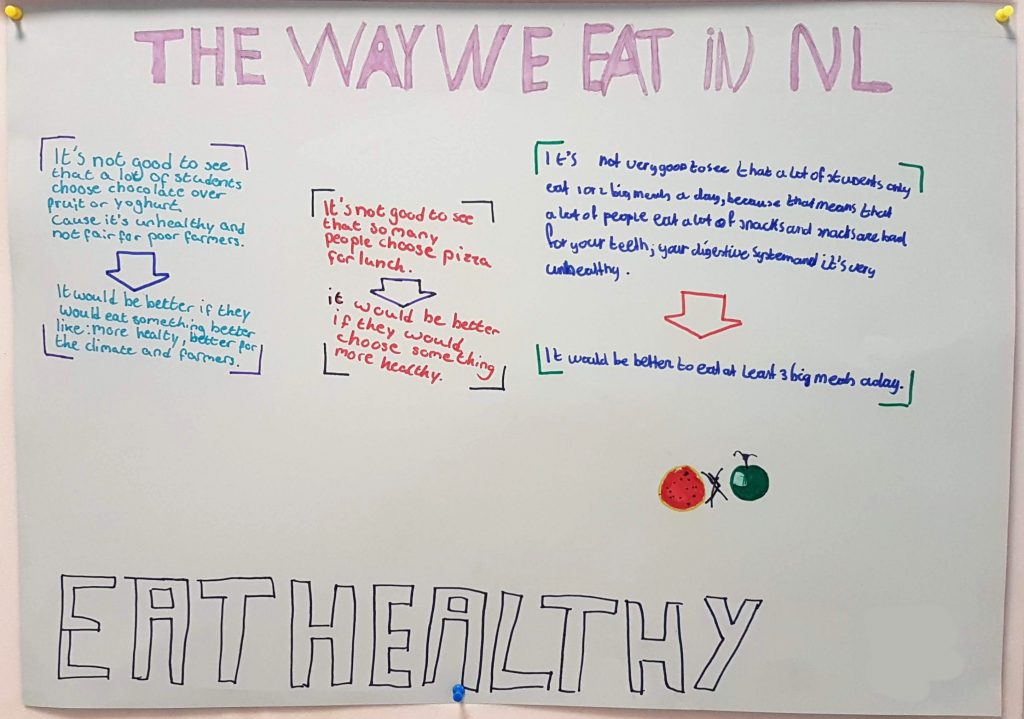
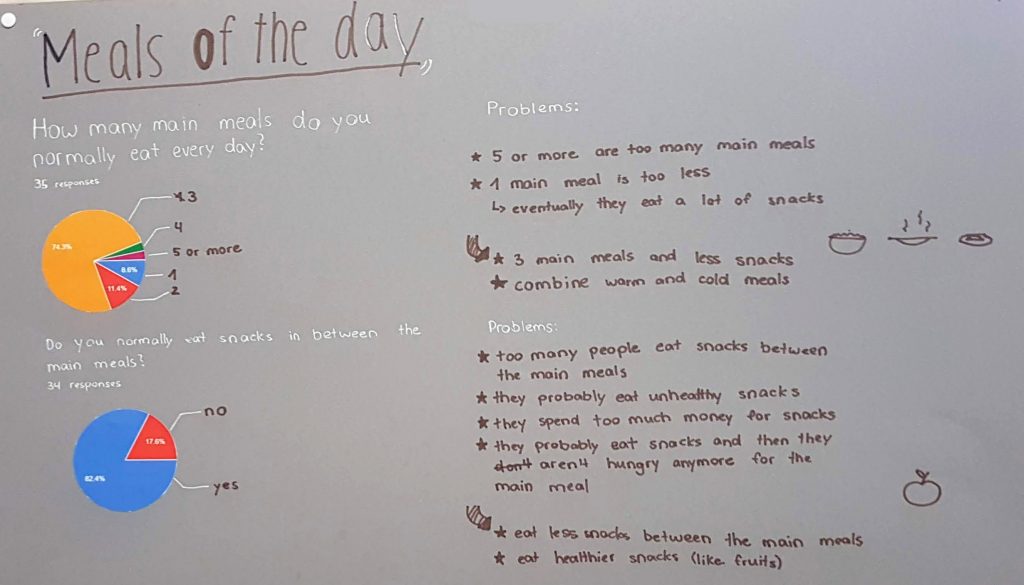
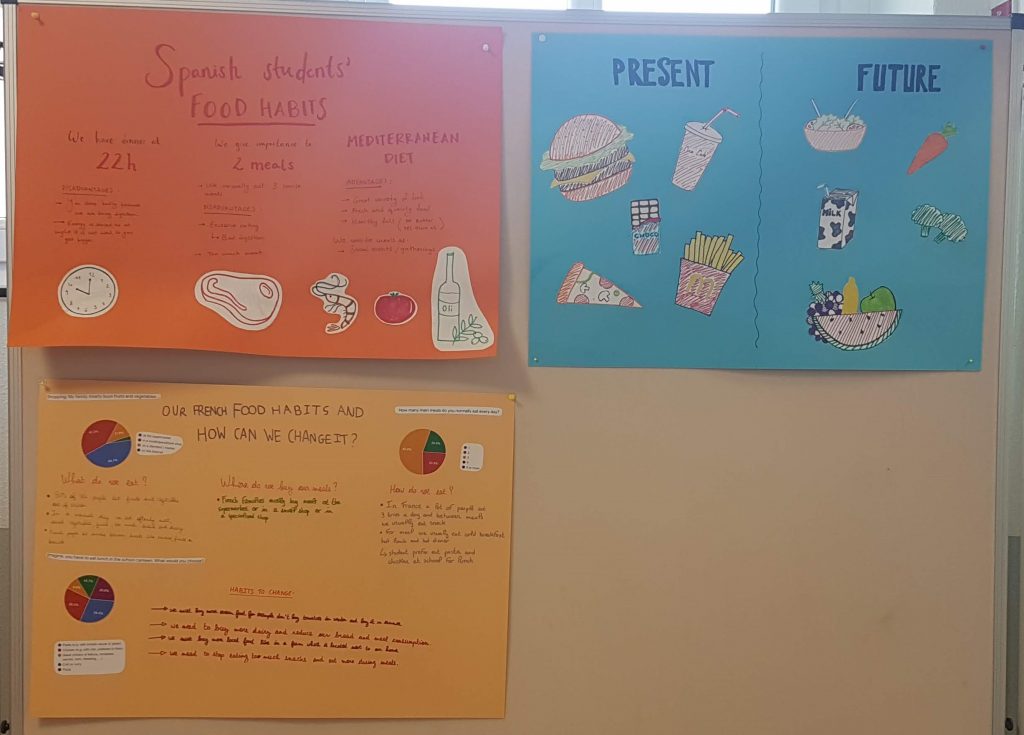
- What and where do they (or: their parents) buy food. This aims at the environmental aspect of food shopping. Not mentioned is organic food (which might be too obvious). Instead, there’s one question as to where they buy their veggies (for example, if food is bought at a farmers’ market this more likely is regional food which would mean a lower carbon footprint). Another question asked about fruits and vegetables they/their family bought in the two months before taking the survey (i.e. in late winter / early spring). The examples listed can (during the European winter) only be imported from the southern hemisphere (e.g. South Africa, Costa Rica, Brazil, …). So if someone had bought for example grapes this would not be environmentally friendly.
